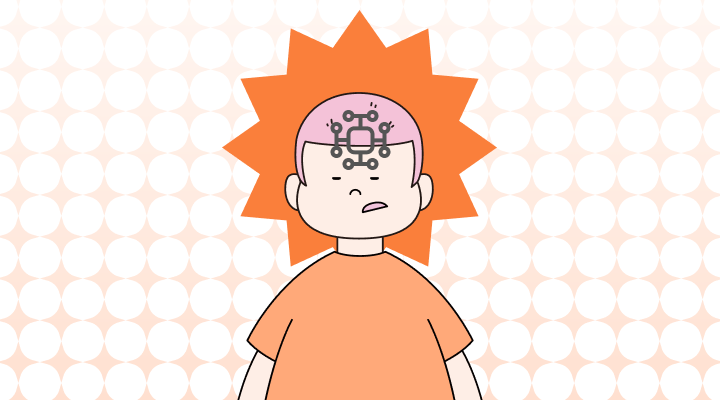Cognitive refers to the mental processes and abilities related to knowledge, perception, memory, and thinking. It includes all aspects of perception, thinking, reasoning, and learning. Cognitive processes involve the use of multiple mental abilities to process and make sense of information.
When to use it
People use the term 'cognitive' to discuss processes related to perception, thinking, problem-solving, learning, and decision-making. It is commonly used in psychology, neuroscience, and education to describe mental processes, functions, and abilities. Examples of cognitive processes include attention, memory, language, and reasoning. Additionally, the term may be used in discussions about cognitive impairments related to aging, dementia, and mental illness, among other conditions.
Example sentences
- The study focused on the cognitive abilities of older adults and how they can be improved through specific exercises.
- Cognitive development in children is a complex process that involves acquiring language, problem-solving skills, and memory.
- The patient underwent cognitive therapy to address and improve their thinking patterns and mental processes.
- The cognitive decline associated with Alzheimer's disease often involves memory loss and difficulty with decision-making.
- The professor's lecture on cognitive psychology provided valuable insights into how our mind processes information.
- Virtual reality can be used to create immersive cognitive training programs that simulate real-world scenarios.
- The research findings revealed a strong correlation between regular physical exercise and improved cognitive function.
- The cognitive load of multitasking can negatively impact productivity and concentration.
- The new educational app is designed to enhance cognitive skills in children through interactive games and puzzles.
- Cognitive dissonance occurs when there is a discrepancy between beliefs and actions.
Want to sound like a native speaker?
Engram’s AI-powered grammar checker makes your English sound like a native speaker’s, suggesting natural English expressions on top of fixing grammar, spelling, punctuation, word order, and vocabulary.

Reference:
















